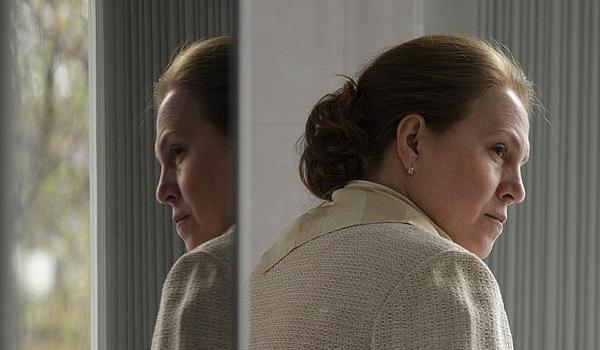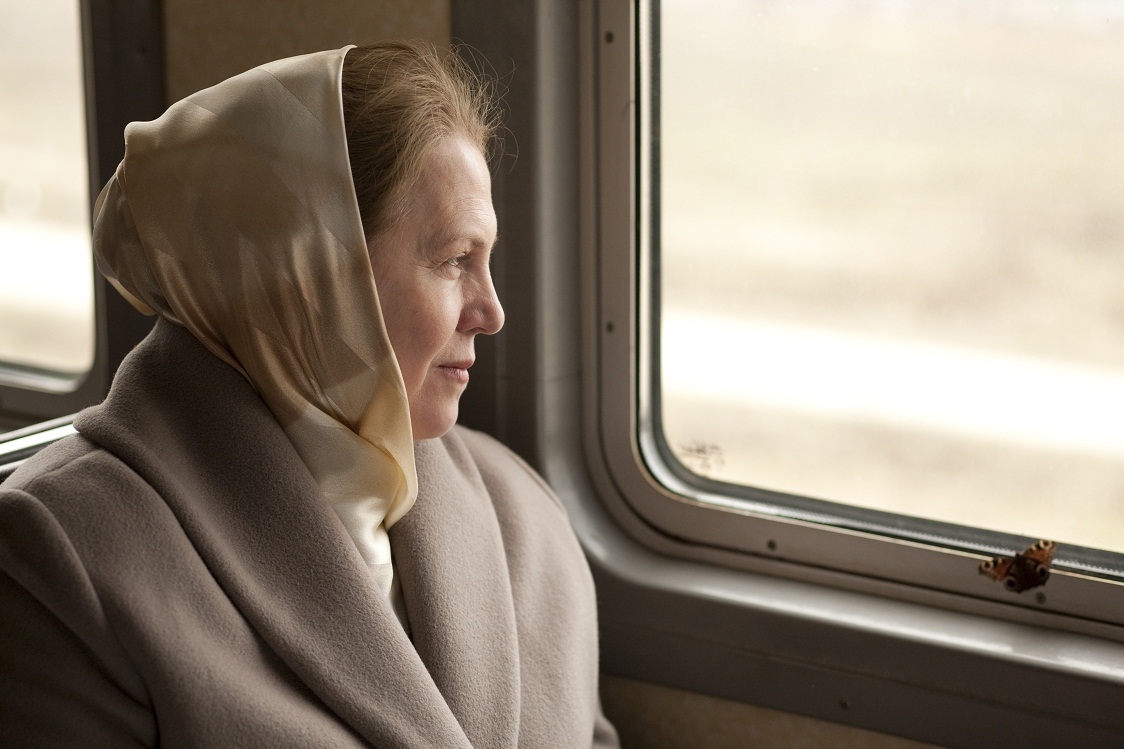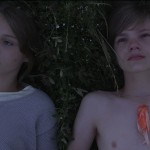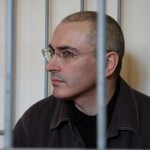You hear the crow before you see it. Bare tree branches criss-cross the foreground. The crow’s dry moan rings out.
It feels cold. The frame does not move, but very slowly, the focus shifts. The crow twitches its head. We pass through the branches towards the apartment in the background. The morning rays seep in through its glass walls. In a flap of wings, a second crow arrives to take watch. This opening shot lasts well over a minute and sets the dark tone of Andrey Zvyagintsev’s brilliant 2011 drama, Elena.
Since the release of his 2014 film, Leviathan, Zvyagintsev, (pronounced ZVYA-ghin-tsev) has achieved new levels of international acclaim. The film was awarded the top prize at the London Film Festival, the FIPRESCI prize at Palm Springs, a Cannes statuette for the best screenplay, as well as an Oscar nomination. Despite his relatively low-output, the Russian director is no stranger to the awards circuit with his directorial debut, The Return, winning the Golden Bear at Venice in 2003 and the subject of this review, Elena, winning the Camera d’Or at Cannes.

One of Zvyagintsev’s distinctive directorial traits is the way he introduces his characters. They are always in isolation. It is through the slow, piecing-together of how these characters interrelate that the film gains its quality of suspense; one is never quite sure of where their loyalties lie. Elena wakes alone. She gets up and rouses the man sleeping in the other bedroom. She serves him his breakfast. Eventually, we learn that this man, Vladimir, is Elena’s husband. They come from different worlds. They are not equals. Elena visits her son, Sergei, and gives him the pension that she receives. She travels by train and foot to arrive at one of those enormous public-housing structures that dominate representations of Eastern Europe. We have crossed into another world. The tiny, cluttered flat where Sergei and his family live could hardly be more different from the spacious, elegant apartment where Elena awoke that morning. Her grandson, Sasha, practically ignores her before retreating to his room to play video games and Sergei greets her with a perfunctory kiss before grabbing at the money she hands him; but Elena hardly protests. The potency of this familial bond – which significantly is the bond of a lower-class family – is soon to be realised. It is up to her to get the money that will allow Sasha to go to university and thus avoid the army. Elena is to ask Vladimir for the money, but she doubts he will agree – Sergei is not his son. However, when his health takes a turn for the worse, Elena is presented with a choice, and we discover where her loyalties ultimately lie.
As the story unfolds, Zvyagintsev doesn’t focus on the conventionally dramatic plot events, but rather on everything surrounding these moments. At the breakfast table, Vladimir announces that he is going to the gym. There, he suffers a heart-attack while swimming in the pool. Between this announcement at the breakfast table and the actual heart-attack, Zvyagintsev depicts a succession of seemingly irrelevant moments: Vladimir gets into the car, drives to the gym and greets the receptionist. This approach gives the film a powerful realism, while also producing a richer understanding of the characters and their world. If there is any danger of these sequences becoming overly slow and observational, the stirring score from regular collaborator Phillip Glass (Koyaanisqatsi, Candyman) builds a delicious sense of anticipation and elevates the quotidian ordinary to cinematic extraordinary.
Every moment is charged with detail and nothing is irrelevant. For example, when driving to the gym Vladimir is forced to stop for a group of labourers crossing the road. His music selection on the radio can be heard from outside his sleek car: opera. He bristles with annoyance as he waits. The workers glance at him with the slightest scorn. A crow can be heard in the distance. This is brilliant filmmaking. This brief, seemingly inconsequential sequence is a microcosm for the entire film, in which the deep divisions of Russian society are subtly exposed; the elite and the proletariat literally face-off. There are no villains in the film. Some characters are stronger, and some are weaker, but all are subject to greater forces of Russian society, which Zvyagintsev suggests are at a critical juncture.
Watch ‘Elena” at FilmDoo now (UK & Ireland only)






